We make expert Estate Planning
Simple and Affordable for Ohio Families
Everyone needs an Estate Plan!
Our approach is to integrate asset protection into your estate plan in a tax efficient manner regardless of your net worth.

That’s right - everyone. Do you own a house or car, or have a bank account? Then you have an Estate.
Estate Planning is not just for the rich - it is for everyone who wants to have a say in how their affairs are handled after they are gone. You have spent your lifetime accumulating your savings and property, so YOU should be the person who decides how it is distributed and how your affairs are handled.
The alternative to an Estate Plan already exists for you, but it isn't ideal - the government determines what happens to your family and assets because you did not have a plan of your own. This is called dying “intestate” and it is unlikely that the state’s plan aligns perfectly with your goals and wishes!
You also want to protect everything you’ve worked for to being diminished by unnecessary taxes, and subject your family to lengthy probate, where your estate is made public and left to the whims of a court.
If you own real estate, have substantial financial assets, or are blessed with a large blended family, you may have many other estate planning considerations that can protect you and your family and ensure that your wishes are met.
So who is estate planning for? It's for moms and dads, grandparents, business owners, home owners….and almost anyone else over the age of 18.
Our Simple Estate Planning Process
It is our goal to make this process as straightforward and clear for you as possible.
Step 1: Discuss Your Goals & Intentions
During a free initial consultation, you will tell us about you and your family, we will lay out the options for you, and provide you with a flat fee quote for your Estate Plan.
Step 2: Design a Plan
We will give you a clear checklist on all of the important considerations in your plan, including an inventory of your assets and key decisions you will want to make. These are big decisions, but our goal is to explain the options to you and make it as easy as possible.
Step 3: Drafting Your Unique Estate Plan
Based on your goals & wishes, our team will draft a comprehensive estate plan with all of the necessary documents for you and your family.
Step 4: Signing and Implementation!
We will help you review the draft documents to ensure that all of your wishes and unique details are covered. You will then sign the documents, and leave with the peace of mind that your family’s future is secure!
Components of an Estate Plan
During your initial consultation we will sit down with you, and after hearing your story and listening to your plans for your family’s future, we will recommend a custom estate plan for YOU.
Some of the tools we may use include:
1. Will:
A Will, also known as a Last Will and Testament, is your way of ensuring that your wishes are honored when you're no longer here to express them. It's a legal document that specifies how you want your assets to be distributed after your passing. With a well-crafted Will, you can provide for your loved ones, designate guardians for your children, and even leave instructions for your funeral or memorial service. It's a crucial cornerstone of Estate Planning that offers peace of mind, knowing that your legacy will be handled as you intend.
2. Durable Power of Attorney:
A Durable Power of Attorney is a powerful legal tool that allows you to appoint a trusted individual to manage your financial affairs if you become unable to do so yourself. This designated person, known as your "agent" or "attorney-in-fact," can step in to pay bills, make financial decisions, and handle other important financial matters on your behalf. It's a critical component of your Estate Plan that ensures your financial stability and security during times of incapacity, offering you and your family much-needed peace of mind.
3. Advance Medical Directive:
Your Advance Medical Directive, often referred to as a medical power of attorney, appoints a healthcare proxy, someone you trust to make medical decisions on your behalf if you're unable to do so. This document ensures that the person you trust most will have the authority to act on your behalf, ensuring that you have a voice when you are unable to communicate for yourself.
4. Trust (Revocable Living Trust):
A Trust, specifically a Revocable Living Trust, is a versatile estate planning tool that allows you to protect and manage your assets during your lifetime and seamlessly transfer them to your chosen beneficiaries after your passing. By placing your assets within the trust, you retain control over them while avoiding the probate process, which can be time-consuming and costly. A well-structured trust can also provide for loved ones with specific conditions, such as minors or individuals with special needs. It's a comprehensive strategy for safeguarding your legacy and ensuring a smooth transition of assets to your heirs.
5. Living Will:
A Living Will is a clear and legally binding document that outlines your healthcare preferences in the event you are ever incapacitated or face life-threatening or end-of-life medical decisions. It specifies the treatments you want or do not want, giving you control over your medical care even if you can't communicate your wishes. It offers you the assurance that your values and beliefs regarding medical treatment will be upheld, and it simplifies the decision-making process for your healthcare providers and loved ones during challenging times.
6. Beneficiary Designations:
Beneficiary designations are a vital aspect of Estate Planning, often associated with retirement accounts and life insurance policies. When you designate beneficiaries, you're essentially deciding who will receive these assets upon your passing. This straightforward step ensures that these assets bypass the probate process and go directly to your chosen recipients. Keep in mind that it's essential to review and update your beneficiary designations regularly to align with your current intentions. These designations provide a streamlined and efficient way to transfer specific assets, offering you peace of mind and minimizing potential complications for your loved ones.
Advanced Estate Planning Strategies: We may also recommend more
advanced Estate Planning strategies if you own a business, have substantial assets, a blended family, real estate holdings, or any of a long list of other situations that require more careful consideration. Some of these include:
- Family Limited Partnership
- Deferred Sales Trusts
- Irrevocable Education Trusts
- And many more
Why Estate Planning Matters
Today is the best day to start your Estate Planning process! You never know what the future will bring, but if you make your wishes clear and plan now while you are of sound mind and body, you know your family will be protected in the future. Some of the key benefits include:
Protect minor children
Estate planning allows you to designate guardians for your minor children, ensuring their well-being and upbringing by trusted individuals in case of unexpected circumstances.
Plan for future health care costs
By incorporating healthcare directives and powers of attorney into your estate plan, you can make informed decisions about your medical care and designate someone you trust to act on your behalf in medical matters, providing clarity and peace of mind.
Avoid Probate
The last thing you want is your family to deal with a complicated and stressful probate process. Tools like trusts can help your assets pass to your heirs without going through the lengthy and public probate process, ensuring a faster and more efficient distribution of your estate.
Tax Planning
You want as much of your assets to be passed on to your loved ones as possible. Effective estate planning can minimize tax liabilities, preserving more of your assets for your loved ones and charitable causes, allowing you to leave a lasting legacy.
Determine who will care for you
Estate planning empowers you to appoint a healthcare proxy who can make medical decisions on your behalf if you become unable to do so, ensuring your preferences are honored.
Decide exactly where your money goes
Estate planning enables you to specify how your assets will be distributed among your heirs and beneficiaries, ensuring your wealth benefits the individuals and causes that matter most to you, and preventing disputes among family members.
Estate Planning FAQs
Why choose Anthony Rinaldi & Company, LLC?
As important as Estate Planning is, choosing the right attorney is almost as important. You want someone with broad experience in the area - and that describes Anthony Rinaldi. Tony has been practicing law for more than 25 years and has guided countless families through the Estate Planning process. In addition to being an attorney, Tony is an Accredited Tax Advisor.
We know that Estate Planning can be intimidating and it might sound like a somber affair. However, you will not believe how great it will feel when you finally cross “Estate Plan” off your to-do list, so you can rest assured that your family is protected. Tony will set your mind at ease as soon as you start talking to him, and our clients find that his knowledge and ability to explain the options in simple terms makes it easy to discuss these critical matters.
Our firm is committed to making your experience with Estate Planning a personalized experience where you get an expertly crafted plan - while also making it as hassle-free for you as possible. We look forward to working with you!

